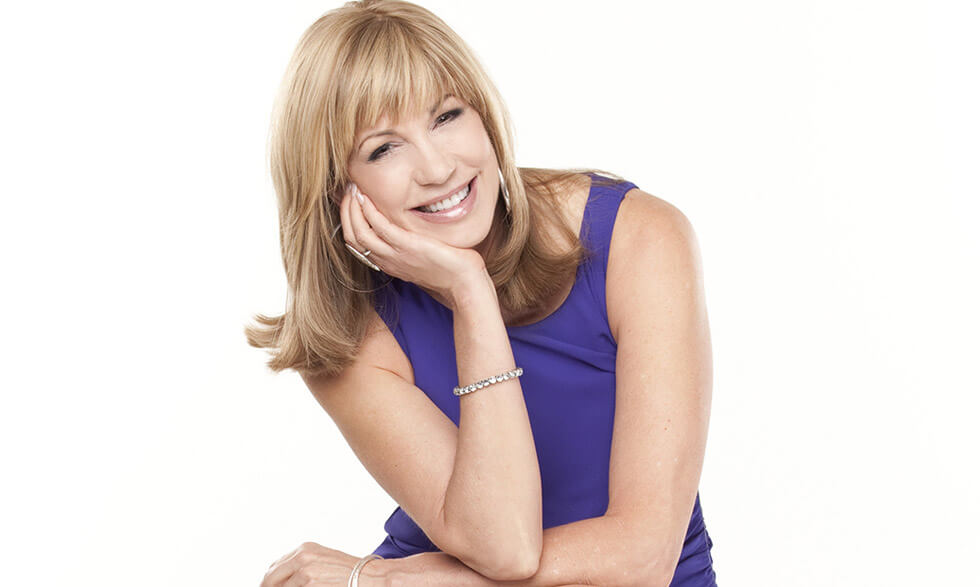
Leeza Gibbons is a leading TV talk show host, entertainment reporter, and best-selling author, but she has another role: caregiver.
Gibbons cared for both her mother and father during serious illnesses. She shares advice for other family caregivers and explains how research and resources—like those at NIH—can help.
Tell us about your caregiving journey.
I’m the middle child in our family, accustomed to negotiating and finding solutions. My mother’s Alzheimer’s disease changed all that.
“Taking better care of yourself will translate to better outcomes for your loved one.”
– Leeza Gibbons
Like most caregivers, it’s not like anyone sent me a greeting card welcoming me into the club. I thought I would aggressively wrestle it and refuse to allow it to take my beautiful relationship with my mother away. Ultimately, it gave me a new and differently beautiful way to relate and respond to her.
I’m grateful that my journey with Mom and our family’s difficult path gave me the inspiration to create my nonprofit Leeza’s Care Connection, where we help families cope with support, tips, and strategies.
When Dad had a heart attack and bypass surgery, I was more aware of my important role in his recovery through advocacy and hands-on care and coordination. By then I had years of experience working with and learning from care partners who managed to be optimistic and resilient.
How did caregiving impact your family?
We were lucky. My dad, my siblings, and I were all on the same page about how to care for mom. My mom made certain of that. She gave us marching orders in the early stage of her Alzheimer’s, which was so courageous of her and quite a blessing for us.
Still, we each felt lost and alone. We were overwhelmed at times by sadness and grief. It was only through frequent communication that we ultimately kept it all together. We learned to accept each other’s individual journeys and emotional limits.
Blame, shame, guilt, and resentment are common by-products of caregiving. We managed to keep them at bay by being real with each other and creating a safe place for differences.
What are your top three messages for other family caregivers?
Our country’s family caregivers are a heroic and a treasured resource. But families can head toward a cliff of exhaustion, depletion, frustration, anger, and resentment if they try to go it alone. Caregiving is not a solo sport.
Identify who’s on your team. Delegate, forgive, regroup, and repeat. Learn to ask for help and receive it. Accept that sometimes “good enough” is the goal. Tomorrow is a new day to try again.
Use technology. From online therapy to care calendars, there is a steady stream of high-tech assistance to support this journey. Things like automated medication dispensers, personal emergency response systems, and guided meditation resources can be a huge help for caregivers and patients.
Rest and recharge. This is not optional. Taking better care of yourself will translate to better outcomes for your loved one. So, take your oxygen first with no guilt or apologies.
What caregiving resources do you recommend?
The research and resources provided by NIH are true lifelines for caregivers who often feel at the end of their ropes.
Many times, knowing there are people who “get you” can help you unpack the emotional baggage that comes with caring. The resources offered by NIH, which include help on everything from dealing with your emotions to finding support, are like lifeboats helping you stay afloat in a sea of overload.
